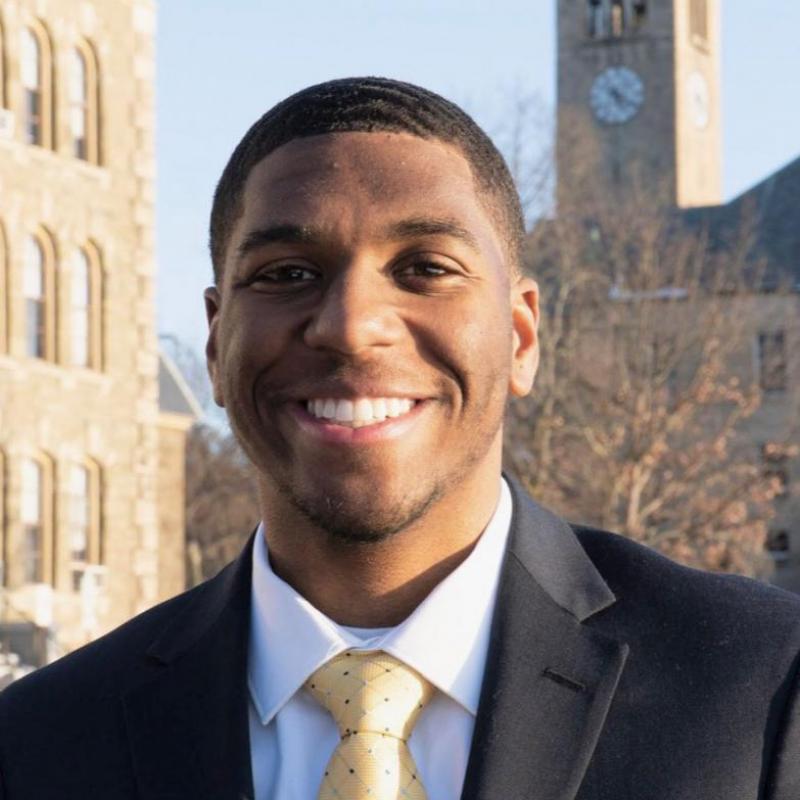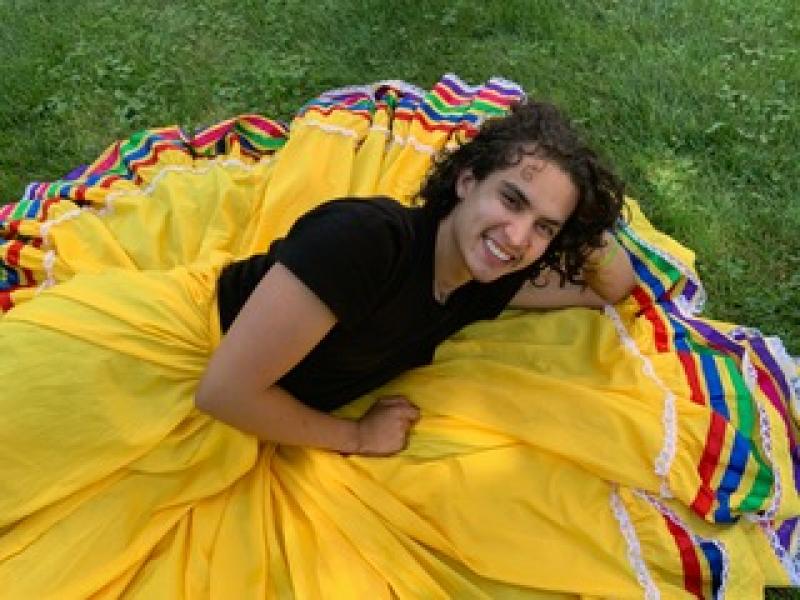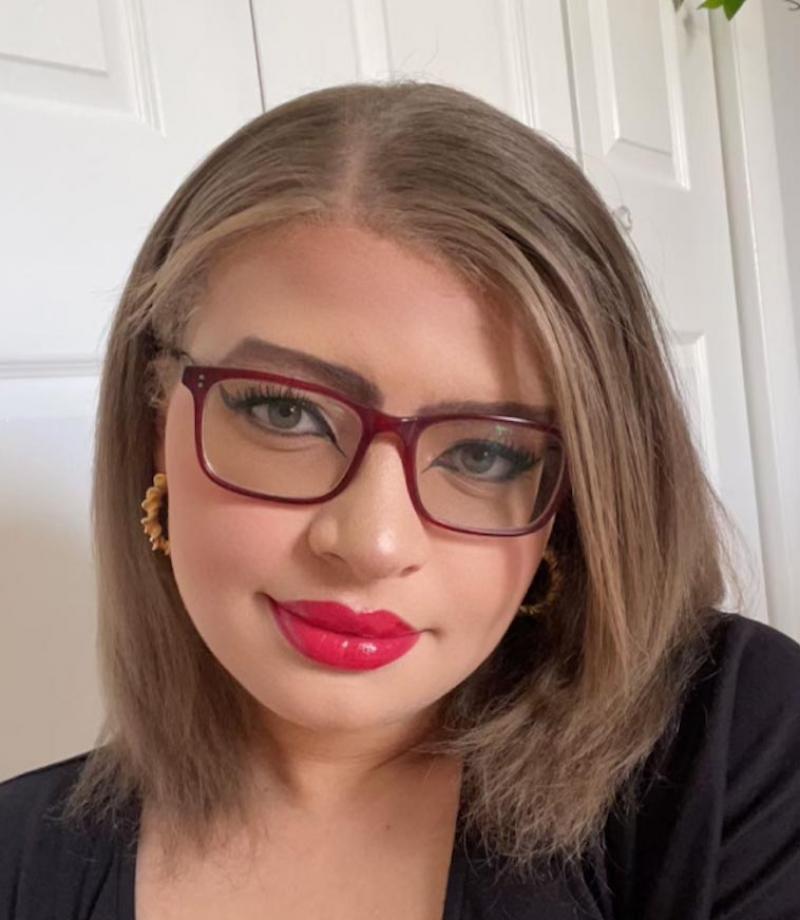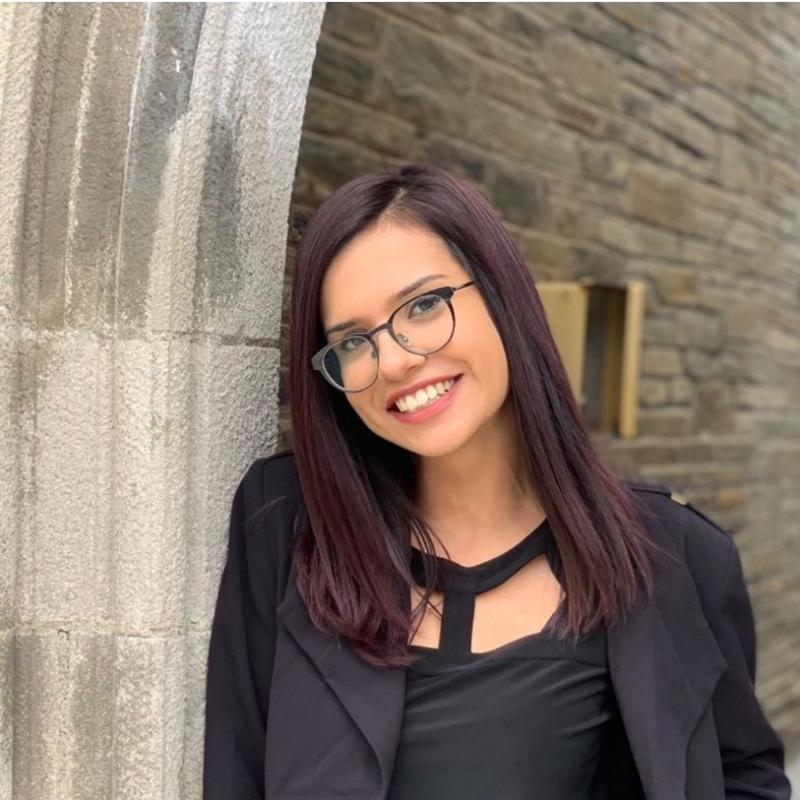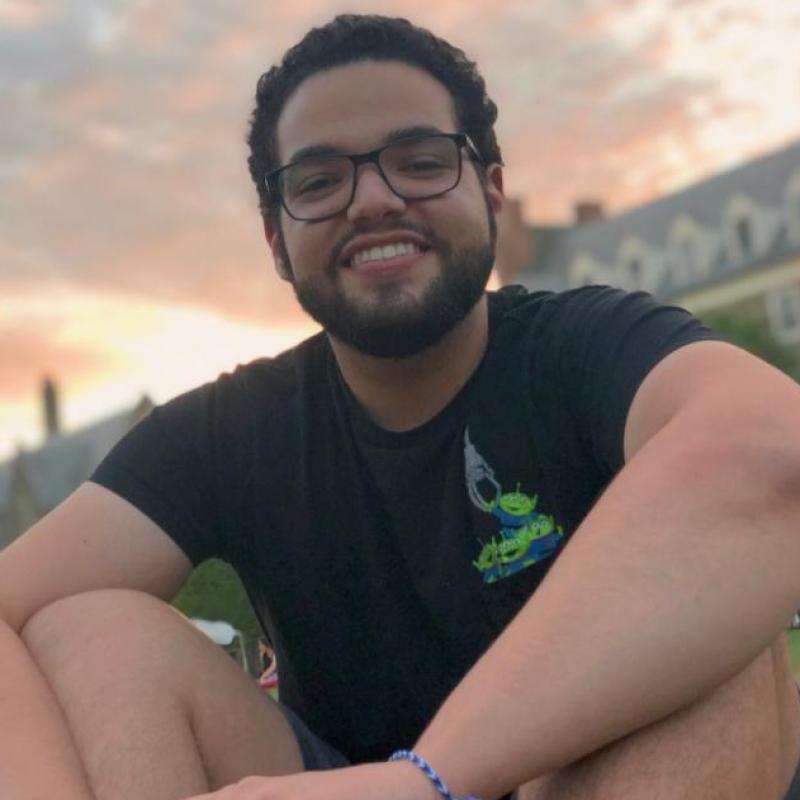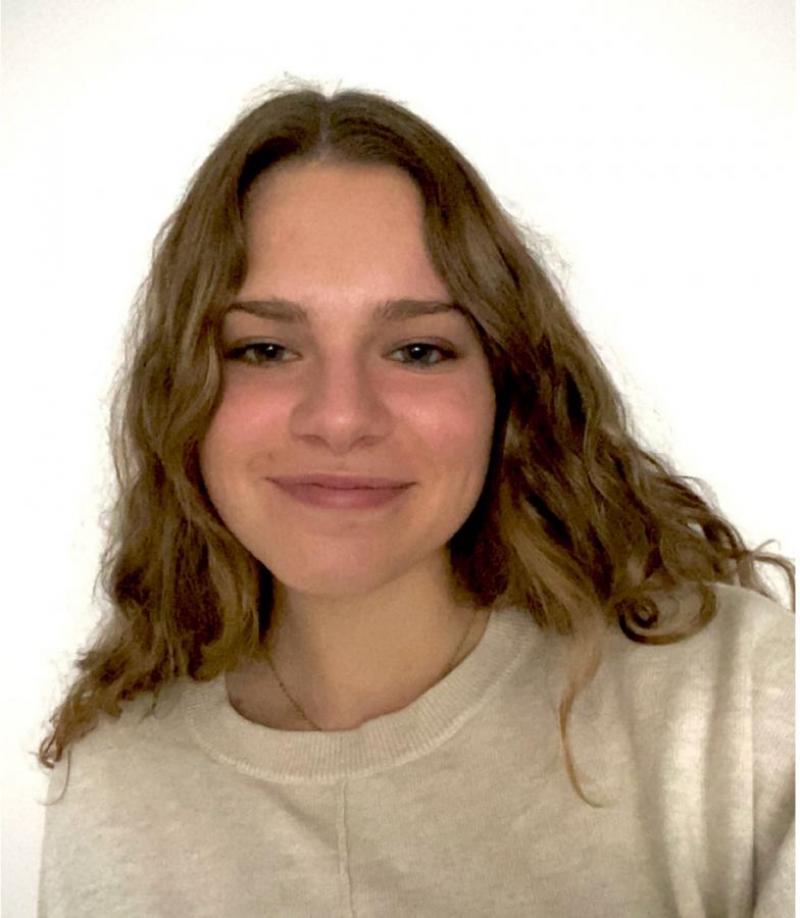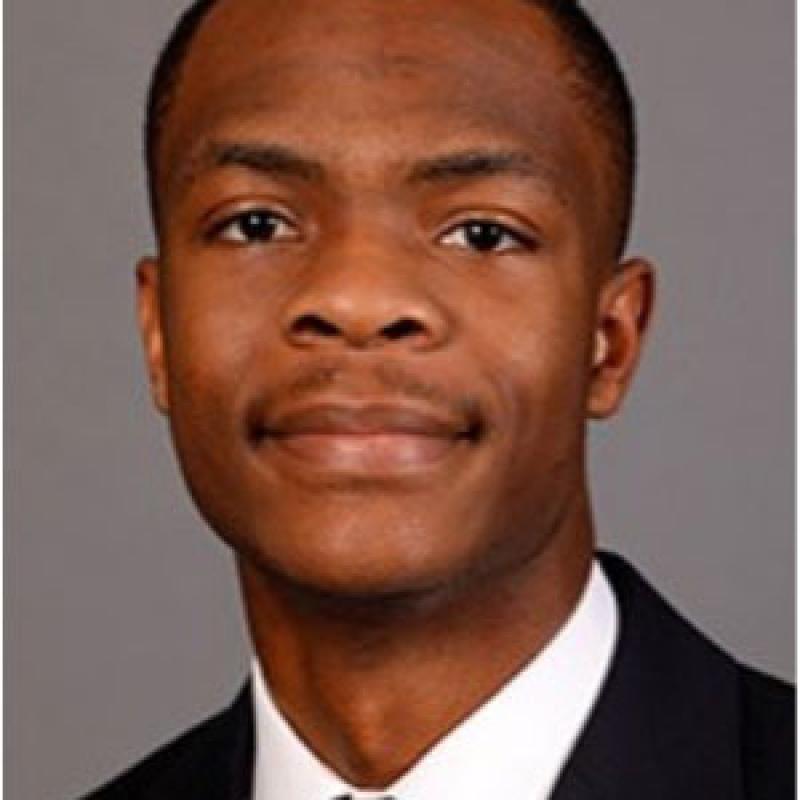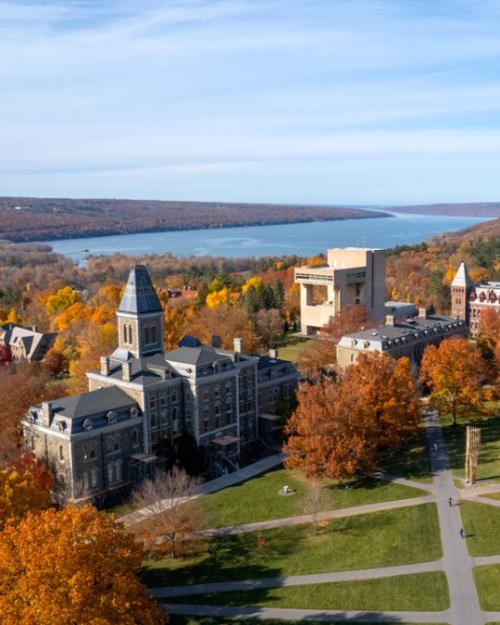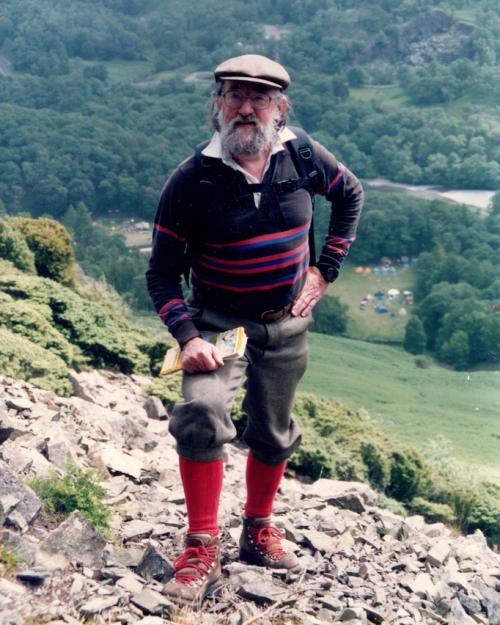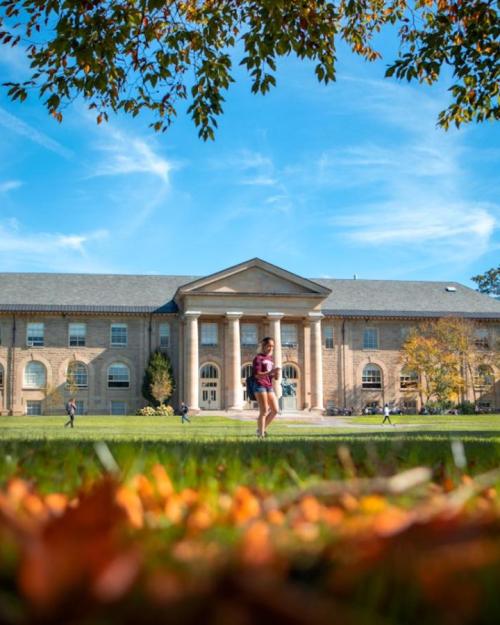Because a lack of diversity continues to be a global issue among the ranks of faculty in academia, the Mellon Mays Undergraduate Fellowship (MMUF) program exists to transform this reality by empowering students of diverse backgrounds to pursue graduate programs. Cornell fellow Sarah Lorgan-Khanyile ’21 believes the program has given her the tools to succeed in her upcoming doctoral studies despite the challenges.
“Institutional racism still has a tangible impact on students’ lives and how students navigate through universities,” Lorgan-Khanyile said. “Mellon Mays really helps you develop a skillset to operate in these spaces, while also providing an outlet by connecting you to others with similar experiences.”
As this year’s class of Mellon Mays fellows prepare to graduate, we spoke to several of them about the program and their plans for the future.
Samantha Noelle Sheppard, faculty director of Cornell’s Mellon Mays program and assistant professor of cinema and media studies, was a Mellon Mays fellow herself during her time as an undergrad at Dartmouth College and said she continues to benefit from the program far into her career.
“I am proof that the program works, and it is my greatest honor to be a part of their journey,” she said. “Mellon Mays provides fellows with an infrastructure, a network and community of scholars dedicated to diversifying higher education. It’s important to think about MMUF as aiming to give students a pathway, intellectual guidance and a community in which to flourish as researchers, scholars,and professors.”
The fellowship program is an Andrew W. Mellon Foundation initiative across 48 member schools, three South African universities and a consortium of United Negro College Fund (UNCF)-affiliated historically Black colleges and universities. It is named in honor of educator and civil rights activist Benjamin Elijah Mays (1895-1984).
Research opportunities and specialized mentoring are at the forefront of the Mellon Mays experience. Fellows are matched with a faculty mentor whom they work with to develop their own individual projects from a proposal to a final 25-page article. In addition to gaining a network, fellows receive a stipend for their research, GRE exam prep and travel funds to present their projects at annual MMUF conferences.
Gabriel Vergara ’21 developed his research on Antonio Gramsci's political thought alongside his thesis advisor Patchen Markell, associate professor of government.
“Markell has been wonderful and integral to my growth as a young political theorist,” Vergara said. “ He has pushed me to think beyond the surface and that sometimes means I’ll write another 10 pages in response to his feedback.”
Vergara, Lorgan-Khanyile and Marisabel Cabrera ’21 all credit Mellon Mays for transforming their approach to research.
“It’s taught me that you are trying to insert yourself into a conversation with other scholars who are thinking about similar things and trying to ask – as my thesis advisor put it – ‘yes, and’ questions,” Vergara said. “It is truly a blessing to wake up and pursue the questions you are actually interested in.”
Students also meet regularly in workshop settings to share their work and engage in preparatory sessions for graduate school.
“Each semester, fellows are given a syllabus with weekly meetings that cover various aspects related to research, the academy and/or graduate school,” Sheppard said. These frequent gatherings grant fellows a deep sense of community.
“Our personalities come into these meetings as well as into our projects. We have this incredible opportunity to address pressing issues while also establishing friendships,” Cabrera said. “Through this I’ve learned to let research guide me as a scholar and to make my academic writing more accessible by incorporating inclusive language.”
For Lorgan-Khanyile, MMUF has given her a sense of place at Cornell.
“The things I have gained from the program are far more compelling than my reasons for applying. What I have discovered is a family that supports me in my intellectual endeavors. My bond with my mentors and other fellows is the reason Cornell feels like a second home to me,” she said.
As graduation quickly approaches, Cornell’s 2021 cohort of Mellon Mays fellows are a testament to the fellowship’s mission – with acceptances to doctoral programs at prestigious universities such as Harvard and UCLA. Sheppard never fails to be in awe of the fellows’ accomplishments.
“When I think of them, I think of Lucille Clifton's poem ‘won’t you celebrate with me’, especially: ‘come celebrate with me that everyday something has tried to kill me and has failed’,” she said. “They are everything right about the world even as so much is wrong. And their work – groundbreaking, sophisticated, nuanced and brilliant. I am lucky to have learned from them.”
The 2021 cohort of Mellon Mays fellows are:
Laurence Minter
Hometown: Chicago, IlI.
Field(s) of Study: Sociology
Project Description: “My research investigates how Black cultural centers at Cornell – the Africana Studies & Research Center and Ujamaa Residential College – facilitate identity development and symbolic meaning.”
Marco Antonio Peralta-Ochoa
Hometown: El Centro, Calif.
Field(s) of Study: Double major in American studies and science & technology studies with minors in literatures in English and inequality studies
Project Description: “My research deals with the medical treatment of people who fall outside state-enforced categories of human beings, and the dominant cultural norms of who is and who is not deemed human; a process of violence against them that I refer to as mis-care. By analyzing Audre Lorde's “The Cancer Journals” (1980) and Assata Shakur's “Assata: An Autobiography” (1987), reflecting on their personal experiences with individual and institutional mis-care, I situate mis-care as a critical lens through which to examine the amerikan hospital in personal-prose narratives of women of color and queer testimonies of medical violence.”
Sarah Lorgan-Khanyile
Hometown: Warwick, N.Y.
Field(s) of Study: Double major in comparative literature and literatures in English with minor in law & society
Project Description: “My project explores how our existential investments can inform our commitment to a democracy-to-come by reading Martin Heidegger's “Being and Time” through Jacques Derrida's “Archive Fever.” By linking the concepts of archive and being, my research project argues that at the center of Heidegger’s ontology is a democratic force and that by understanding our existential commitments, we can begin to understand our responsibility to the democratic ideal that is always in the process of becoming.”
Lucero Contreras
Hometown: Chicago, IlI.
Field(s) of Study: Double major in government and sociology with minors in education and public policy
Project Description: “Using a qualitative approach consisting of in-depth semi-structured interviews with five undocumented Latinx and non-Latinx slaughterhouse workers, my research examines how the social constructions of illegality, race and animality interact, influence and create the slaughterhouse space. I argue that both undocumented Latinx workers and farm animals are targets of biopolitical strategies put in place so that a racially dominant human population (white native-born U.S. Americans) can thrive.”
Gabriel Vergara
Hometown: Miami, Fla.
Field(s) of Study: Government with a concentration in political theory
Project Description: “My research examines Antonio Gramsci's political thought in order to better understand revolutionary political mobilization and the maintenance of class alliances.”
Marisabel Cabrera
Hometown: San Juan, Puerto Rico
Field(s) of Study: Linguistics – language typology, morphology and computational linguistics
Project Description: “My research investigates how the explicit morphological marking of syntactic relationships between words affects speaker preferences in choosing word orders that minimize the distance between dependent words. I explore this through engagement with linguistic theory and through empirical corpus studies on around 80 diverse languages.”
Solomon Lawrence
Hometown: Syracuse, N.Y.
Field(s) of Study: Africana studies and government
Project Description: “My research focuses on how education reform, specifically career and technical education or vocational learning, harms urban school districts in the U.S.”
Students interested in applying to the Mellon Mays program can find more information here.
Amaris Janel Henderson is a communications assistant for the College of Arts & Sciences.

